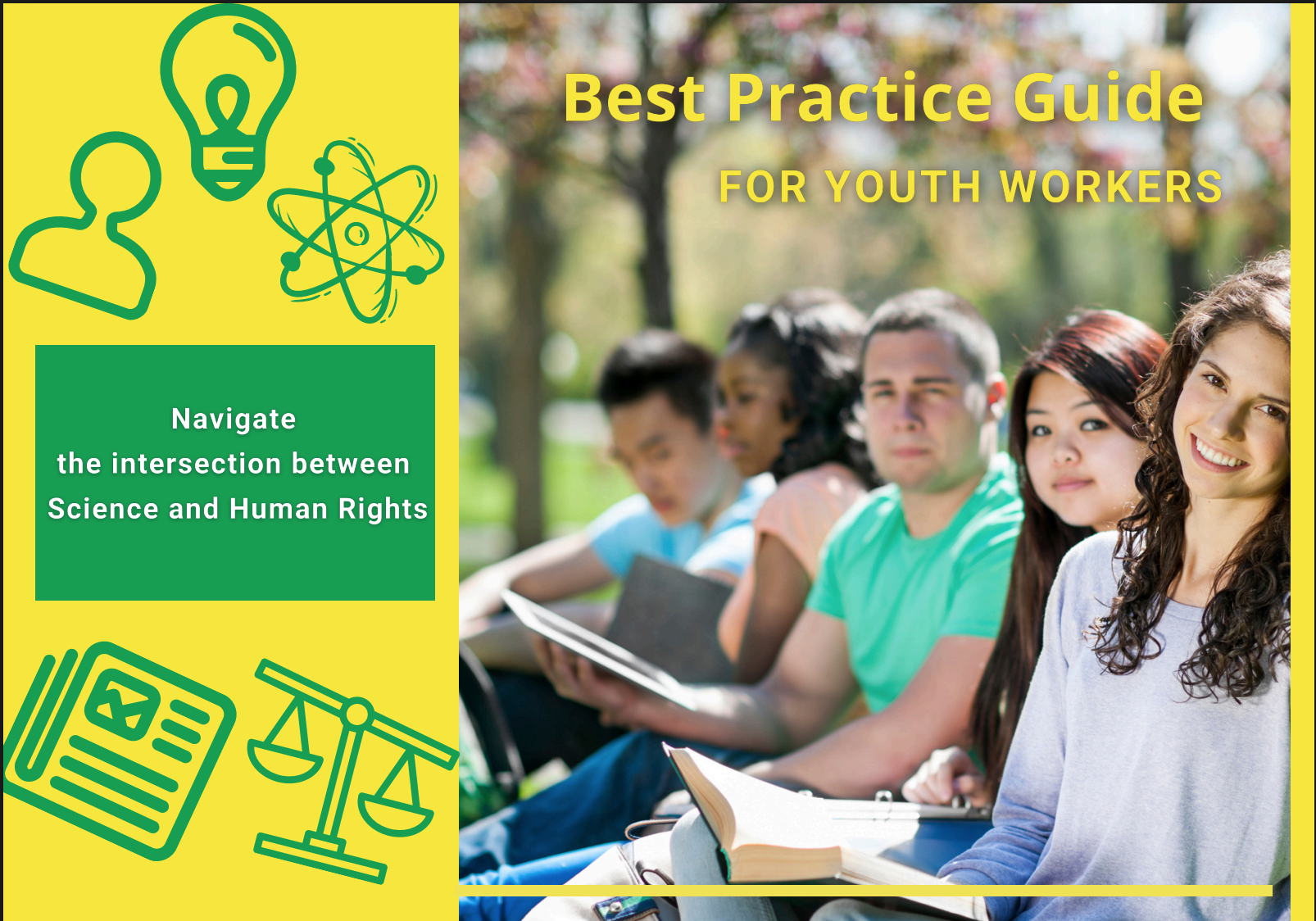Material for Ethics Teachers
Humanists Malta has been at the forefront in promoting ethics education in schools.
Read more about this in the campaign page and you may request a school visit by emailing us on ethics@humanistsmalta.org.
There are significant parts of the national ethics syllabus which deals with Humanism.
This page provides material we have available which can be freely used in your classroom.
Please feel free to also checkout our page on what is humanism.
Explaining Humanism to Ethics Students
Luke Fenech, an Ethics teacher interviews Christian Colombo from Humanists Malta on the Humanist philosophy of life.
- What makes a Humanist?
- What is the value of life (and death) for Humanists?
- What is the role of ethics for Humanists?
- What made you follow Humanism?
Teachers’ Professional Development Session
In collaboration with the Ethics Education Department, we have provided a training session focusing particularly on LO 10 of the Ethics Syllabus:
I can identify and understand life and death issues and reflect on them responsibly;
understand and discuss the difference between those who hold that human life is intrinsically valuable and those who argue that only a worthwhile life is valuable.
The material available below provides presentations covering what is Humanism and Existentialism, and how these can be integrated into education. The presentations also introduce the pedagogical booklet from the EPIX project: “Exploring Pupil’s Inquiries on Existential Themes”

Science and Human Rights
Through our recent participation in the For a Better Future Erasmus Project, we have prepared the following education guidebook focused on the intersection of science and human rights.
The guide is adaptable for use by teachers and educators in extracurricular activities, highlighting the role of science and human rights in fostering critical thinking, safeguarding democracy, and addressing societal challenges such as misinformation and pseudoscience.

